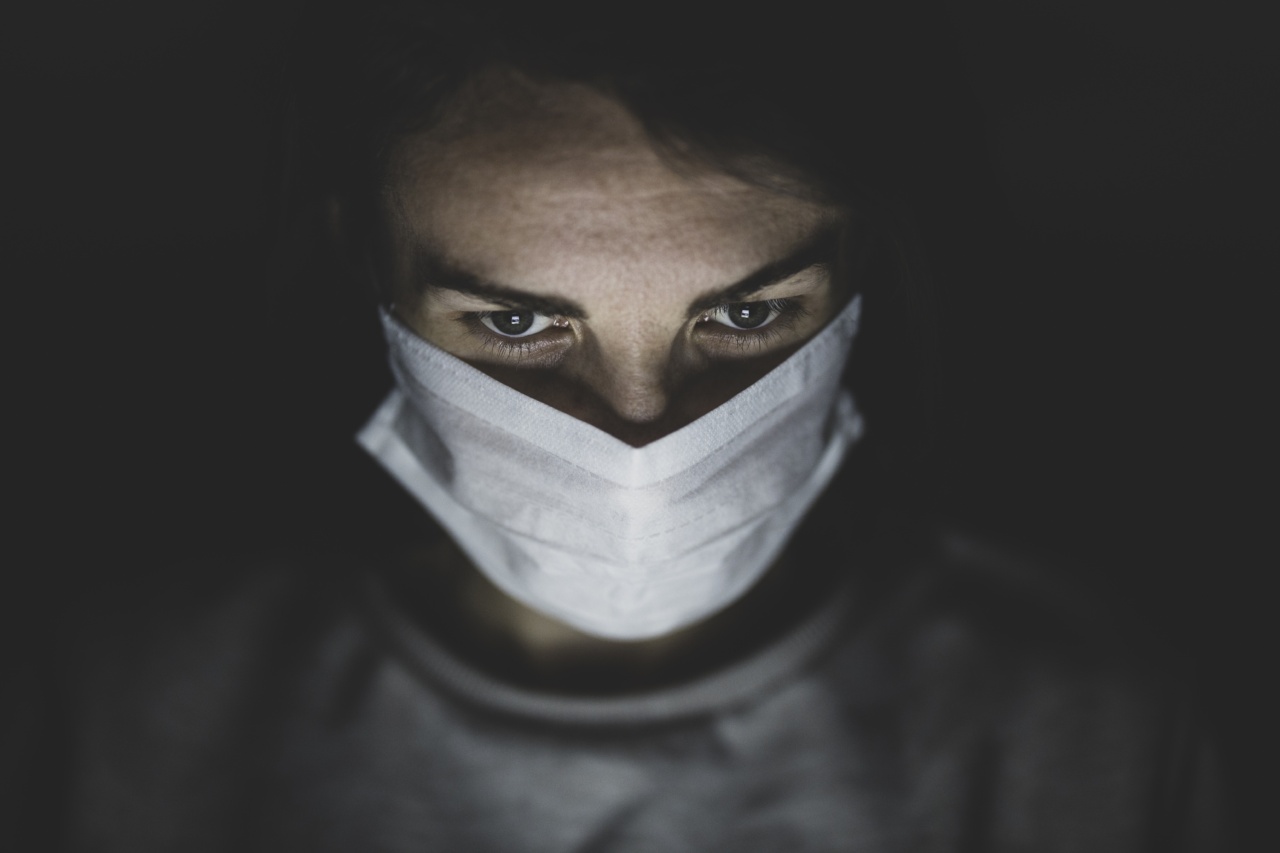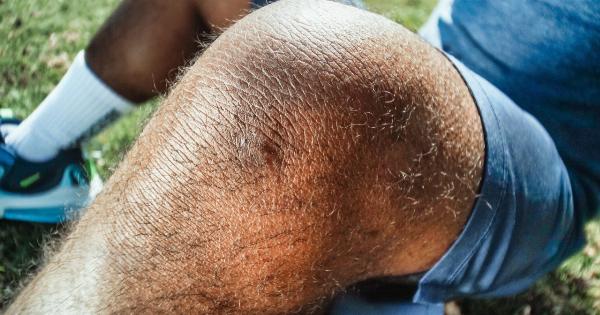Nose bleeding, also known as epistaxis, is a common condition that can affect individuals of all ages. It occurs when blood vessels in the nose break and bleed, leading to the flow of blood from one or both nostrils.
While nosebleeds are often not serious and can be managed at home, understanding the symptoms and adopting preventive measures can help alleviate this problem. In this article, we will discuss the symptoms of nosebleeds and provide useful tips for prevention.
Symptoms of Nose Bleeding
Nosebleeds can happen suddenly and without any warning signs. The symptoms associated with a nosebleed may include:.
- Blood Flow: The main symptom of a nosebleed is the flow of blood from one or both nostrils. The amount of blood can vary from a few drops to a substantial flow, depending on the severity of the nosebleed.
- Blood Clots: Sometimes, nosebleeds may result in the formation of blood clots. These clots can obstruct the nasal passages and make breathing difficult.
- Tingling Sensation: Some individuals may experience a tingling or tickling sensation in the nose before a nosebleed begins.
- Dizziness: In rare cases, excessive blood loss during a nosebleed can lead to dizziness or lightheadedness.
- Blood in Throat: If blood drips down the back of the throat, it can cause a metallic taste or lead to coughing or spitting up blood.
Tips for Preventing Nosebleeds
Although nosebleeds can occur unexpectedly, there are certain preventive measures that can help minimize their frequency and severity. Here are some tips to consider:.
1. Moisturize the Nasal Passages
Dry air can irritate the delicate blood vessels inside the nose, making them more susceptible to bleeding. To prevent this, it is essential to keep the nasal passages moisturized.
Using a saline nasal spray or applying a thin layer of petroleum jelly inside the nostrils can help maintain moisture and prevent nosebleeds.
2. Avoid Picking the Nose
Picking the nose is a common habit that can irritate the nasal lining and cause nosebleeds. It is crucial to avoid picking or scratching the inside of the nose to minimize the risk of nosebleeds.
If necessary, gently blowing the nose can help clear any built-up mucus without causing injury.
3. Use a Humidifier
During dry weather or in environments with low humidity, using a humidifier can help add moisture to the air. This can prevent the nasal passages from drying out and reduce the chances of nosebleeds.
Placing a humidifier in the bedroom at night can be especially beneficial.
4. Be Gentle When Blowing the Nose
Blowing the nose too forcefully can damage the blood vessels and lead to nosebleeds. It is important to blow the nose gently, one nostril at a time, to avoid excessive pressure on the nasal tissues.
Additionally, using a soft tissue or a clean handkerchief can reduce the risk of injury.
5. Protect the Nose during Sports
Engaging in sports or recreational activities can sometimes result in accidental trauma to the nose. Wearing appropriate protective gear, such as helmets or face masks, can help prevent injuries that may lead to nosebleeds.
6. Avoid Irritants
Exposure to irritants, such as cigarette smoke, strong chemicals, or allergens, can trigger nosebleeds. It is advisable to avoid or minimize exposure to these substances to reduce the likelihood of nosebleeds.
Keeping the living environment clean and free from irritants can also contribute to overall nasal health.
7. Stay Hydrated
Adequate hydration is essential for maintaining the overall health of the body, including the nasal passages. Drinking enough water helps keep the nasal tissues moist and less prone to bleeding.
It is recommended to consume at least 8 glasses of water per day to stay well-hydrated.
8. Manage Underlying Medical Conditions
Some medical conditions, such as hypertension or blood clotting disorders, can increase the risk of nosebleeds. Proper management and treatment of these underlying conditions can help reduce the frequency and severity of nosebleeds.
It is important to consult with a healthcare professional for guidance and appropriate medical care.
9. Proactively Treat Allergies
Allergies can cause nasal congestion and irritation, leading to an increased risk of nosebleeds. Taking prescribed antihistamines or using nasal corticosteroid sprays can help manage allergies effectively and reduce the likelihood of nosebleeds.
10. Avoid Hot and Spicy Foods
Eating hot and spicy foods can sometimes dilate blood vessels and increase the chances of nosebleeds. If prone to frequent nosebleeds, it may be beneficial to avoid or limit the consumption of such foods.
Conclusion
Nosebleeds can be inconvenient and uncomfortable, but taking preventive measures can significantly reduce their occurrence.
By moisturizing the nasal passages, avoiding nose picking, using humidifiers, and being cautious during physical activities, you can minimize the risk of nosebleeds. Additionally, staying hydrated, managing medical conditions effectively, and proactively treating allergies can contribute to nasal health.
Remember, if you experience frequent or severe nosebleeds that are difficult to control, consulting a healthcare professional is recommended for a proper evaluation and treatment.





























